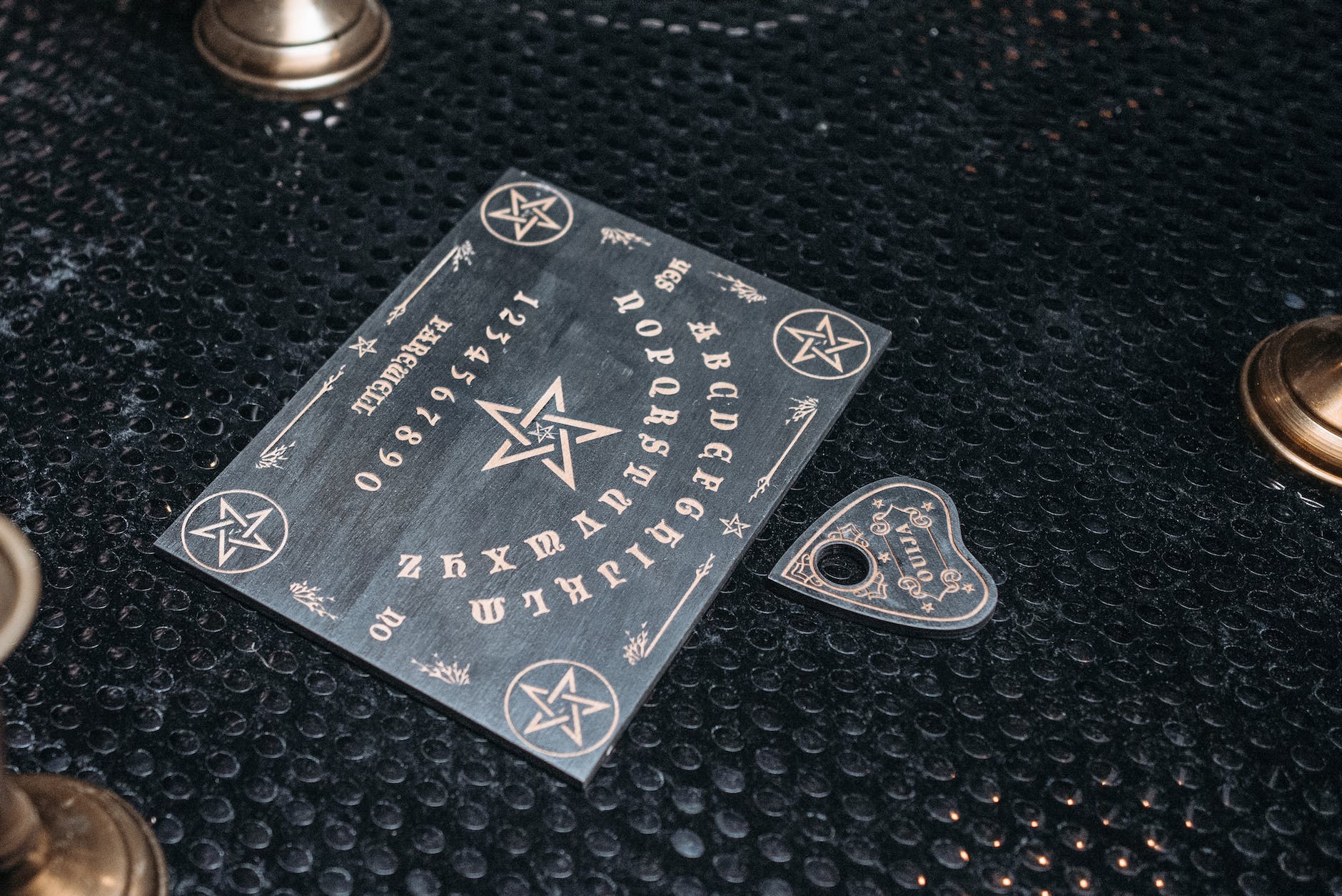Judges Chapters 10 & 11

Chapter 10 is short and discussed two judges briefly. Puah, who judged 23 years, and Jair, who judged for 22 years. We get a nursery rhyme moment in here akin to “As I Was Going to St. Ives” just not as whimsical.
4He had thirty sons who rode on thirty donkeys; and they had thirty towns, which are in the land of Gilead, and are called Havvoth‐jair to this day. 5Jair died, and was buried in Kamon.
Brettler, Marc; Newsom, Carol; Perkins, Pheme. The New Oxford Annotated Bible with Apocrypha: New Revised Standard Version (p. 380). Oxford University Press. Kindle Edition.
Once again, the Israelites did the evil thing and God let the Philistines and the Ammonites crush the Israelites. The latter also fought against Judah, Benjamin, and Ephraim. Once again the Israelites remembered that they have a God that they can cry to and he’ll find somebody to lead them for a time. The Ammonites armed themselves and camped in Gilead. If only there was somebody to save them.
Jephthah. Chapter 11 is about Jephthah, who was the son of Gilead and a prostitute. The legitimate sons of Gilead kicked him out until the events of the last chapter, then they wanted him back to fight against the ammonites. He agreed to do it and the people made him the commander.
Credit where it’s due, Jephthah did attempt diplomacy with the Ammonites and it turns into a history lesson, so I’m going to gloss over it. After explaining how the Israelites got to where they are and sending a warning that God will decide between the Israelites or the Ammonites. They didn’t buy it, so Jephthah is going to war. And most of you might know what’s coming.
30And Jephthah made a vow to the Lord, and said, “If you will give the Ammonites into my hand, 31then whoever comes out of the doors of my house to meet me, when I return victorious from the Ammonites, shall be the Lord’s, to be offered up by me as a burnt offering.”
Brettler, Marc; Newsom, Carol; Perkins, Pheme. The New Oxford Annotated Bible with Apocrypha: New Revised Standard Version (p. 382). Oxford University Press. Kindle Edition.
This won’t end badly.
34Then Jephthah came to his home at Mizpah; and there was his daughter coming out to meet him with timbrels and with dancing. She was his only child; he had no son or daughter except her. 35When he saw her, he tore his clothes, and said, “Alas, my daughter! You have brought me very low; you have become the cause of great trouble to me. For I have opened my mouth to the Lord, and I cannot take back my vow.”
Brettler, Marc; Newsom, Carol; Perkins, Pheme. The New Oxford Annotated Bible with Apocrypha: New Revised Standard Version (p. 382). Oxford University Press. Kindle Edition.
Oops. Be careful what you promise, folks. Luckily, his daughter takes it all in stride and just wants two months to grieve her virginity with her friends. When she came back home, he kept his promise. I guess because he’s not Abraham, God wouldn’t intervene.









